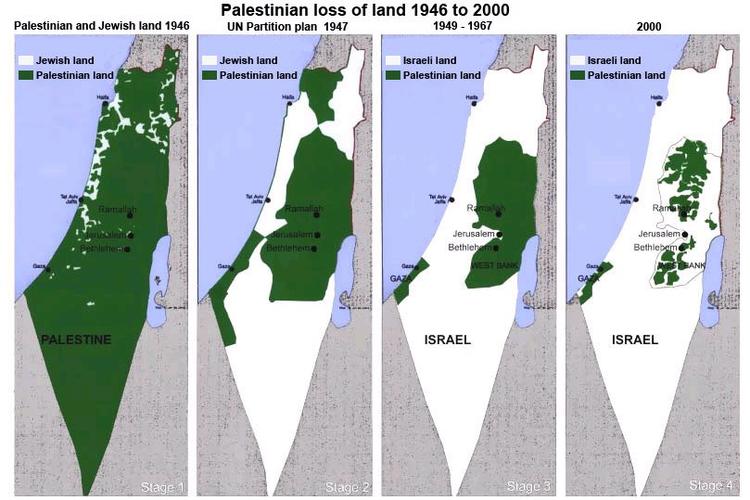In his controversial 2007 book
What's Left?: How the Left Lost Its Way, Cohen argues many leftists are blinded by instinctive anti-Americanism, with their opposition to imperialism leading them to defend brutal dictatorships and terrorist movements.[SUP]
[18][/SUP] He focuses on several foreign policy issues: the
Bosnian genocide in the 1990s, the
Iraq War in 2003,[SUP]
[18][/SUP] and the broader
war on terror, including Israel's conflicts with
Hamas and
Hezbollah, to argue that many socialists and liberals have misplaced priorities, condemning American and Israeli policies but ignoring the crimes of autocratic regimes.
In Chapter 1, "an Iraqi Solzhenitsyn", Cohen discusses his friendship with exiled Iraqi dissidents in the 1980s, including trade unionists and Kurdish human rights activists, as well as architect and writer
Kanan Makiya.[SUP]
[18][/SUP] He then argues that the British left, in adopting an anti-war position in 2003, effectively betrayed these dissidents by opposing the overthrow of Saddam Hussein. Criticizing the massive anti-war rallies in the weeks before the invasion, he writes: "On February 15, 2003 a million liberal-minded people marched … to protest the overthrow of a fascist regime."[SUP]
[18]
[/SUP]
Chapters 4 and 5, "Academic scribblers and a defunct economist" and "Boys on the edge of the gang"[SUP]
[18][/SUP] discuss the Left's reaction to Serbian atrocities against Bosnian Muslims in the 1990s. He details how scholars like
Noam Chomsky, along with the
Revolutionary Communist Party (RCP), allegedly denied the existence of concentration camps and the
Srebrenica massacre.[SUP]
[18][/SUP] He also discusses the
Living Marxism trial,[SUP]
[18][/SUP] in which survivors of
Trnopolje concentration camp testified against
Living Marxism magazine, which had published an article claiming photographs of the camp were fabricated. The far left's alleged defence of Milosevic, Cohen writes, was not a product of Islamophobia but of instinctive anti-Americanism; once the US bombed Serb forces in 1995, the far left set out to claim the intervention had been unjustified: "The ignoble and inevitable terminus of the reasoning of Chomsky and his comrades was denial. It had to be. The Yugoslav equivalents of the gas chambers of Auschwitz were Srebrenica and the pictures of wild-eyed starving men at Trnopolje. Both had to be denied if the project of blackening the belated intervention in the Balkans was to stand a chance of succeeding.".[SUP]
[18][/SUP]
Chapter 9, "Kill us, we deserve it", criticises how many leftists reacted to 9/11,[SUP]
[18][/SUP] arguing the atrocity was motivated by anger at American foreign policy, rather than by the violent ideology of
al Qaeda. By dismissing the attacks as a response to American misdeeds, Cohen argues that leftists failed to acknowledge the threat of al Qaeda's own hateful narrative.


